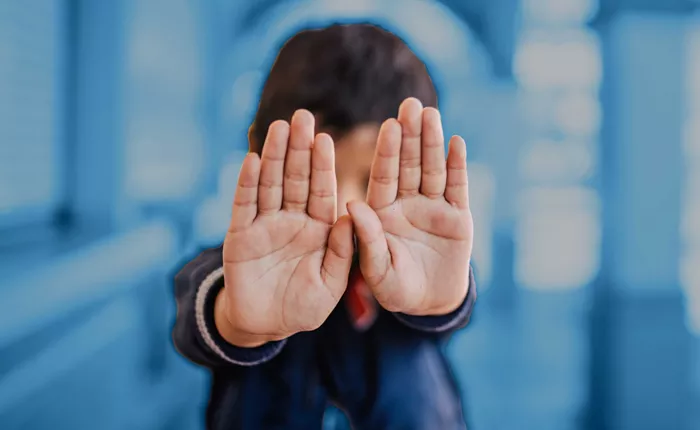A new global study reveals that nearly one in five women and one in seven men worldwide have experienced sexual violence before the age of 18.
The findings, published in The Lancet, highlight the widespread nature of childhood sexual violence, with high rates seen in South Asia for women and sub-Saharan Africa for men. However, no region is exempt from this public health and human rights crisis.
The research, based on data from 204 countries, is one of the most comprehensive to date on the prevalence of childhood sexual violence.
The study defines sexual violence as any forced or coerced unwanted sexual contact, such as fondling or other sexual touching, before the age of 18. The researchers did not include online abuse or exploitation or consider the relationship between the victim and the perpetrator.
Overall, the study found that 18.9% of women and 14.8% of men have experienced childhood sexual violence. Rates varied across Europe, with women facing rates ranging from 6.9% in Montenegro to 29.7% in the Netherlands. For men, the rates ranged from 9.7% in Belgium to 21% in Bosnia and Herzegovina.
However, experts note that the actual numbers may be higher, as many cases of sexual abuse are not reported. Dr. Emmanuela Gakidou, a senior author of the study, emphasized that the global response to childhood sexual violence has been insufficient. “Sexual violence against children is a widespread human rights and public health issue,” she said.
The study also found that many victims face abuse at a young age. Among women who had experienced childhood sexual violence, 41.6% were victimized before they turned 16, with 7.7% suffering abuse before the age of 12.
Despite the disturbing findings, the study shows little progress in reducing childhood sexual violence rates over the past few decades. Researchers urge governments worldwide to improve laws, policies, and support systems to protect children and prevent such violence. Understanding the regional risk factors, they say, could help guide effective prevention efforts.
Experts are calling for greater resources and funding to create better health systems and surveillance to address this issue. Jaya Dantas, an international health professor, described the findings as “alarming” and called for urgent action to develop support systems for victims.
Related topics:
- GLP-1 Medications Help Weight Loss & Mood In People With Mental Illness
- 10 Years Of Research Prove Exercise Helps Fight Depression
- 4-Day Panic Disorder Therapy Shows Strong, Long-Lasting Results


